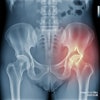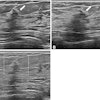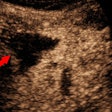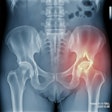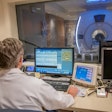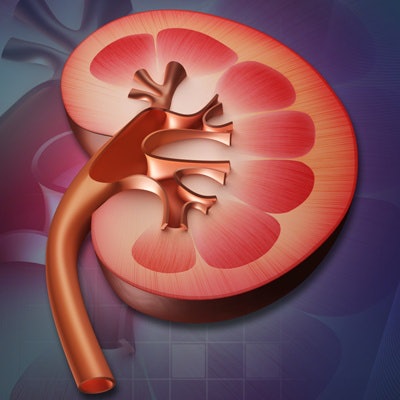
Artificial intelligence (AI)-based analysis of kidney ultrasound studies could serve as a first-line method for evaluating patients with chronic kidney disease, according to research published online May 24 in JAMA Network Open.
A team of researchers led by Dr. Ambarish Athavale of Cook County Health in Chicago developed a deep-learning algorithm that yielded approximately 90% accuracy on a test set for quantifying interstitial fibrosis and tubular atrophy (IFTA).
"This article provides proof-of-principle that a [deep-learning] system can be used to noninvasively, accurately, and independently predict IFTA grade in patients with kidney disease," the authors wrote. "Although the system in its current form may not be an alternative to kidney biopsy, after robust external validation, a [deep learning]-based, noninvasive assessment of IFTA has the potential to significantly enhance clinical decision-making and prognostication in patients with CKD."
A strong indicator for decline in kidney function, interstitial fibrosis and tubular atrophy is currently measured using histopathological assessment of a kidney biopsy core. There currently isn't a noninvasive test for IFTA, according to the researchers.
The authors utilized AI to test their hypothesis that subtle signs of IFTA are ingrained within kidney ultrasound images and could be quantitatively extracted and analyzed. A deep-learning algorithm was trained and tested to segment the kidney and classify IFTA using 6,135 consecutive Crimmins-filtered kidney ultrasound images acquired at their institution between January 1, 2014, and December 31, 2018. The longitudinal images were obtained from both kidneys and were acquired between six months before and two weeks after kidney biopsy.
Of the total image dataset, 5,122 were used for training and 401 were used for validation. The researchers then tested the model on 612 images. The algorithm was 91% accurate for segmenting the kidney ultrasound images.
| Performance of AI algorithm for quantifying IFTA on kidney ultrasound | ||
| Image level | Patient level | |
| Precision | 0.893 | 0.900 |
| Recall | 0.804 | 0.842 |
| Accuracy | 0.868 | 0.896 |
| F1 score | 0.839 | 0.864 |
In other results, the researchers noted that the algorithm's accuracy remained high irrespective of the timing of the ultrasound studies and the biopsy diagnosis. Also, adding baseline clinical characteristics into the model's analysis didn't significantly improve its performance.
"From a clinical standpoint, it is foreseeable that a [deep-learning] system such as the one developed in this study has the potential to act as a gatekeeper for rationalizing the decision to conduct a kidney biopsy in patients with CKD," the authors wrote. "We anticipate that because of the ability of this system to provide [a] probabilistic estimate of IFTA in real-time, the system is likely to be acceptable (because it is unlikely to put any time burden on the technicians) and can also reduce the costs associated with kidney biopsy."
The researchers acknowledged that more work is needed to improve the accuracy of the model before it's ready for clinical use. Furthermore, the algorithm needs to be validated on external datasets to assess its performance across varying clinical settings.


